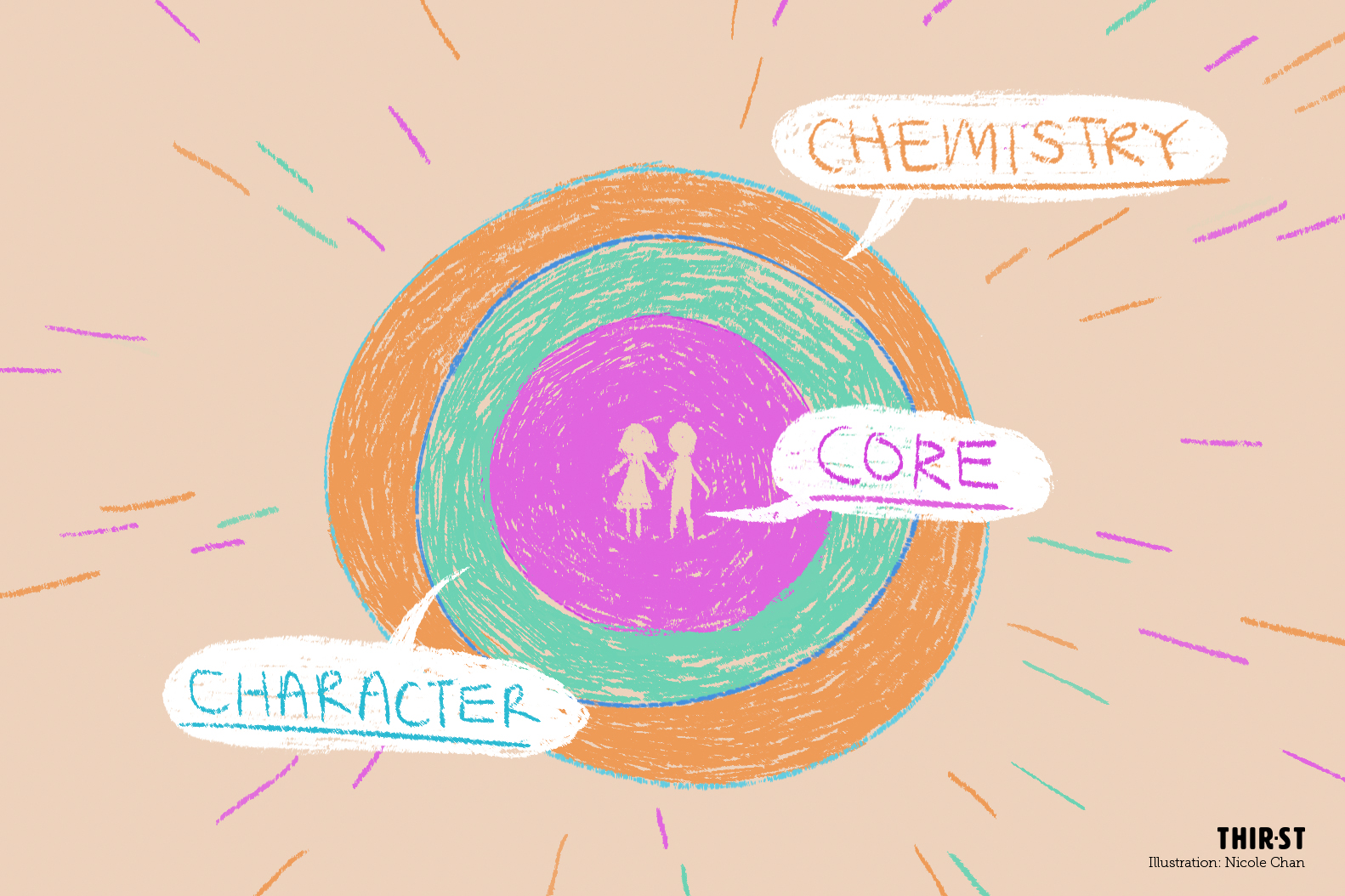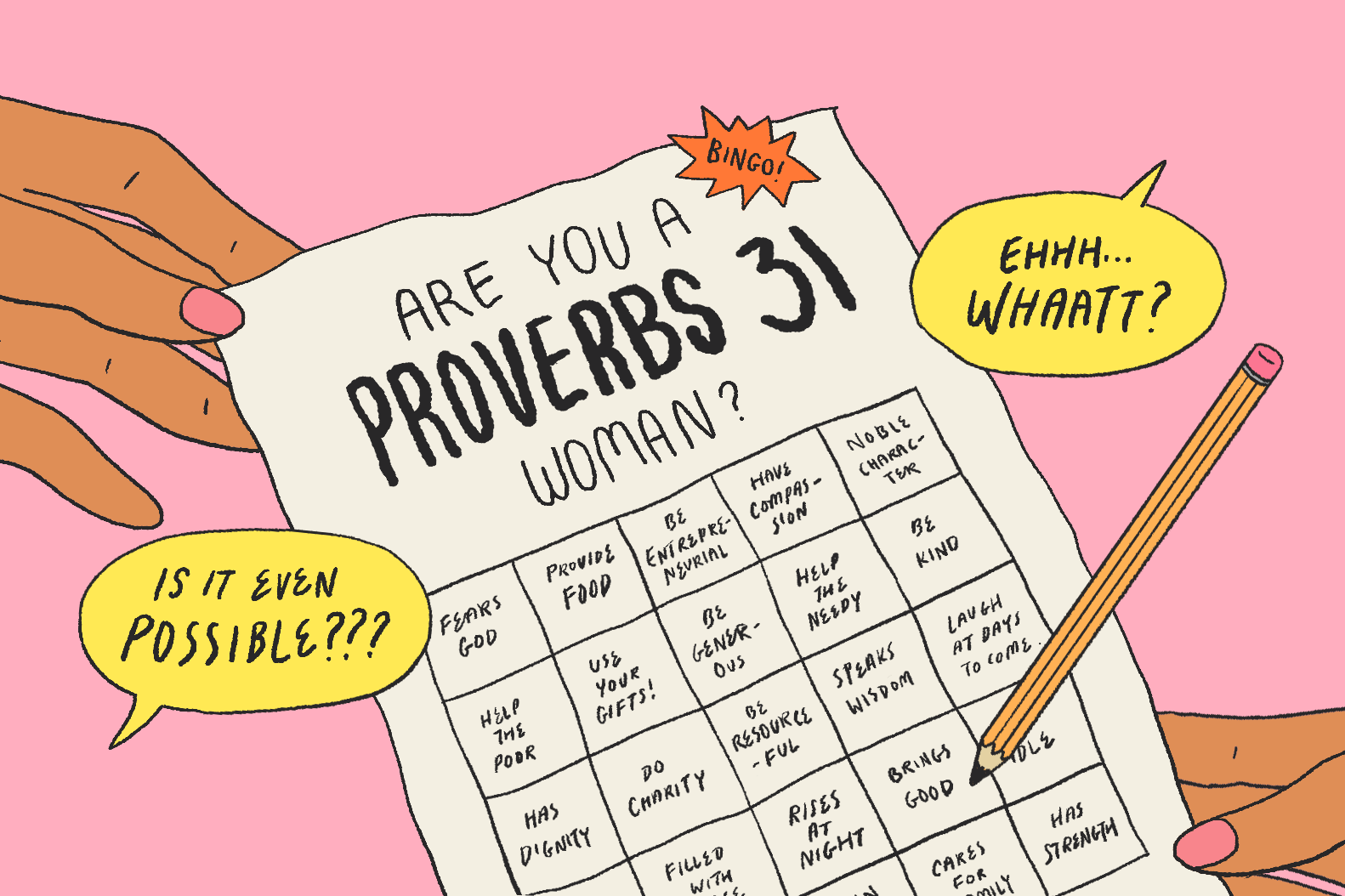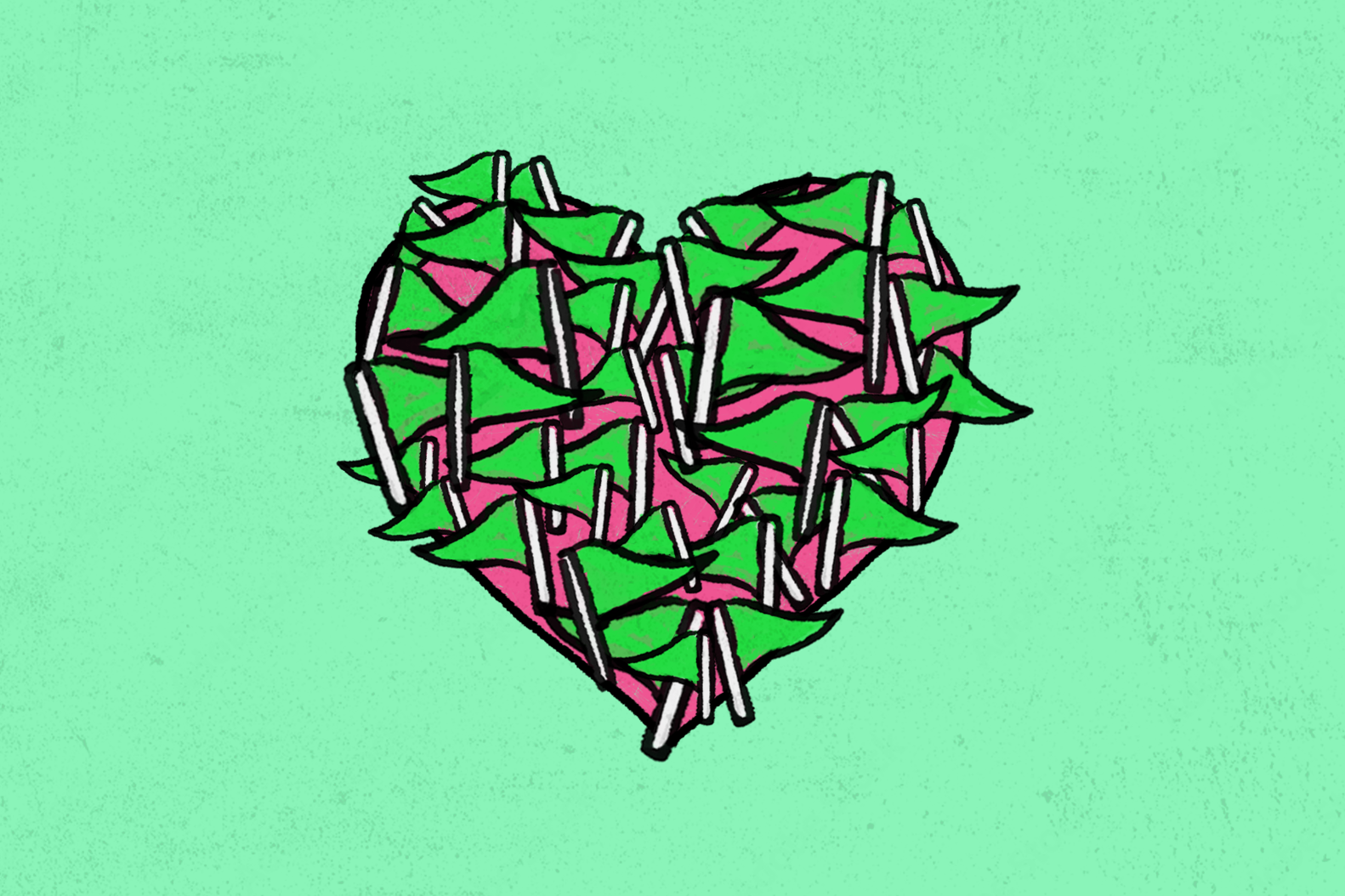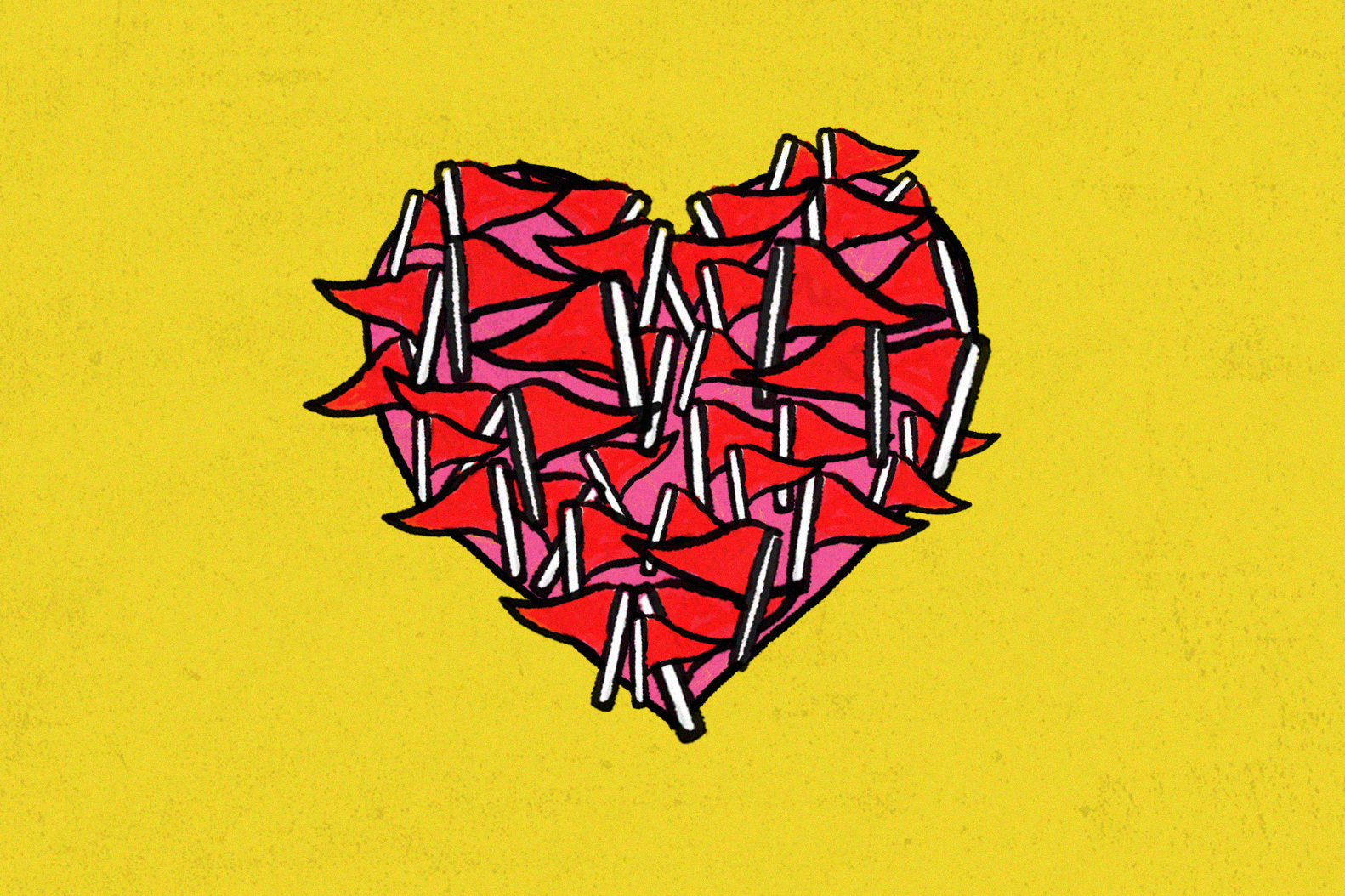“Wait,” I found myself saying.
He was about to board the train when he stopped in his tracks and looked at me expectantly. I parted my lips to tell him what was on my heart but not a sound came out. Instead, I pointed to an empty bench and asked if we could talk for a while.
The train pulled away as we sat down. I was too nervous to look at him in the eyes so I simply stared at our reflection in the glass in front of us. Silence.
Each second felt like an eternity as I ransacked my brain for the right words. It was only when the third train came and went that I finally plucked up the courage to utter the next few words.
“I like you.”
I was only 17 when I first confessed to someone. I was also turned down by that person.
A part of me was relieved: I wouldn’t have to play guessing games with myself any longer. But the other part of me was dejected even though I had already braced myself for the possibility of rejection.
Burying all the feelings I had for him in my heart, I mourned over what could have been.
Love is more than just a feeling.
Shortly after that, I started my tertiary education. This was around the time many of my friends began getting into relationships, only to break up a few months later. And this cycle of heartbreak would repeat – only this time round it was with someone new.
The brevity of my friends’ relationships left me with a lot of questions. Why did these relationship not last? Was it because they didn’t love each other enough? Was it because it wasn’t love in the first place?
I don’t deny the affections my friends had for their partners, but I came to the conclusion that love is more than just a feeling. And anything less than love is likely just infatuation.
“When you develop an infatuation for someone you always find a reason to believe that this is exactly the person for you. It doesn’t need to be a good reason. Taking photographs of the night sky, for example. Now, in the long run, that’s just the kind of dumb, irritating habit that would cause you to split up. But in the haze of infatuation, it’s just what you’ve been searching for all these years.” (Alex Garland, The Beach)
Infatuation is the shadow of love. It becomes almost impossible to separate the two concepts when you’re emotionally involved, because you’d do anything to justify your feelings. But I’ve learnt that it’s easy to idealise the person we’re attracted to. It’s easy to make them out to be something they’re not when we let our feelings run amok.
Later on, after I became a Christian, I was introduced to the three C’s of the compatibility by my Church leaders. This model gave me a clearer picture of how I can better choose a partner – especially handy for when I’d be clouded by infatuation.
 On the outer layer is chemistry. This is when you feel a connection. Maybe the both of you just get each other’s jokes – you simply click. More often than not, people stop here and think it’s love. But there’s more to a relationship than chemistry, and it’s important that we go beyond initial skin-deep attraction.
On the outer layer is chemistry. This is when you feel a connection. Maybe the both of you just get each other’s jokes – you simply click. More often than not, people stop here and think it’s love. But there’s more to a relationship than chemistry, and it’s important that we go beyond initial skin-deep attraction.
So, we also have character – the mental and moral qualities of an individual. It’s the way he treats other people, his work and values in life. Character is how one reacts in a crisis and when no one is watching.
It is important to assess one’s character before entering into a relationship because it determines how a person responds to difficult circumstances. And as a couple, there will definitely be difficult times ahead where love will be tested and patience tried.
Conflicts also tend to arise from differences in character. So wouldn’t it be great to find someone who has similar values? Not only will you have more to agree about, you’ll be able to spur each other on!
Character is how one reacts in a crisis and when no one is watching.
Last but not least: The core. This refers to the belief systems and worldviews one holds. The core frames how a person interprets and responds to his reality and shapes what a person believes and what he’s willing to believe. It shapes thoughts and actions.
Two people can have good values but very different takes on certain issues because of the worldviews they have. And this will have an impact on how a couple makes key decisions in their relationship. For example, what if an unborn baby is diagnosed with brain deformity? Do they then abort the child?
A worldview is like a roadmap for how to lead a life. Some think that life is all about having fun – a hedonistic take – while others view life as a preparation for eternity. How can a couple journey together when their definition and end destination of life is different?
These three Cs will either make or break a relationship. We need to walk into relationships with our eyes wide open.
So, looking back, I wasn’t in love with him. I didn’t really know him: His values, beliefs and life goals. And if I didn’t know him, how could I have loved him? I was just in love with the idea of him.
I liked him only because he was the first guy I met who was different from the other boys I knew from Secondary School. Older. More mature. Different.
It was just infatuation. And while infatuation can kickstart romantic interest, it will not sustain a marriage. If we want a relationship that lasts, we have to go beyond chemistry.
Let’s build our relationships on solid rock.









